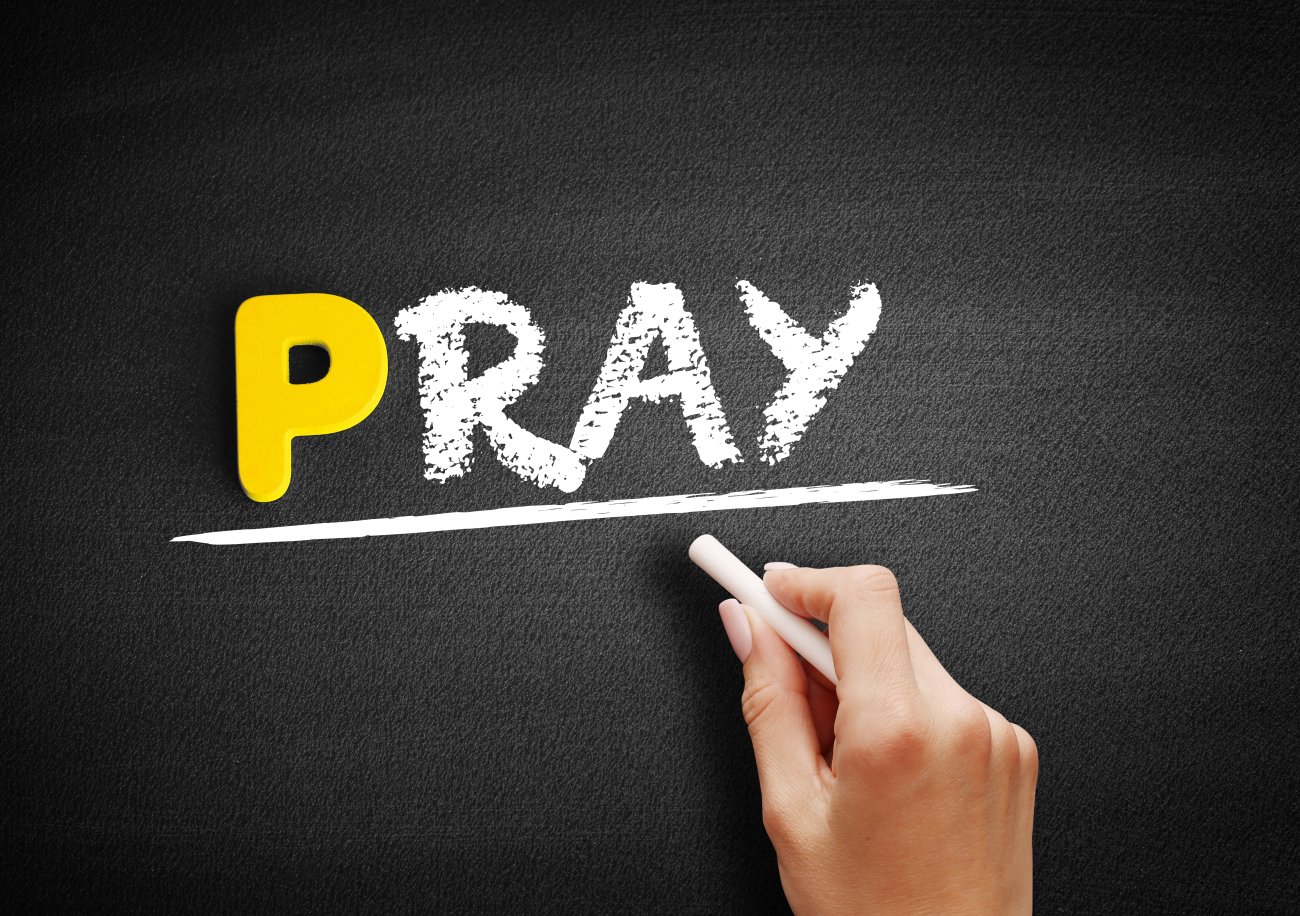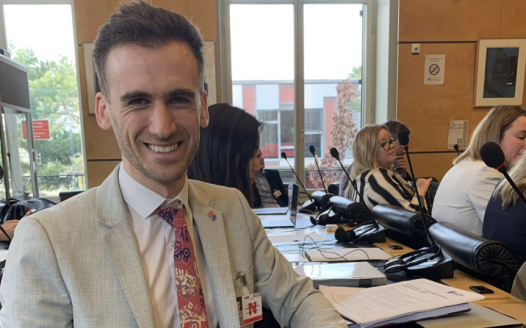Teachers: End “archaic and discriminatory” collective worship
Posted: Tue, 6th Dec 2022
Teachers have called for the "archaic and discriminatory" law on collective worship to be scrapped following last week's census results.
Quoted in The Guardian, Nikki McGee, head of Religious Education at 18 schools in Norfolk, said collective worship is "pretty much meaningless".
She added last week's census results, which showed for the first time that the majority in England and Wales are not Christian, rendered the collective worship requirement "archaic". The results have also led to renewed calls for the disestablishment of the Church of England, the abolition of the bishop's bench and the removal of the monarch as head of the Church.
Adding to Ms McGee's comments, Mark Shepstone, assistant head of a Bungay High School in Suffolk, said the practice was "simply ignored" in many schools and the law should now be changed. "In the schools I have worked in since 2007, there's never been a daily act of collective worship," he noted.
The head of a school in south-west England, who wished to remain anonymous, added schools "fudged" the law: "We all dance around it, but in truth it's not collective worship. It's more like group pastoral messaging."
Mandatory daily collective worship in state schools is enshrined in the Education Act 1944. It must be of a "broadly Christian character" and students under the age of 16 cannot withdraw themselves without parental permission.
The teachers' calls echo the message of Graeme Nixon, a Religious and Moral Education teacher in Scotland, who advocated in the Times Educational Supplement last week for an end to Religious Observance in Scottish schools.
Russell Sandberg, professor of law and religion at Cardiff University, added the law is "stuck in the 1940s" and is "utterly archaic and discriminatory". He remarked politicians had been reluctant to change the law because of "the historical power of religion".
Nonetheless, he argued reform is necessary as the law "breaches children's human rights because they have no choice."
His comments follow a July 2022 decision by the High Court of Northern Ireland that the country's arrangements for Religious Education and collective worship breached the European Convention on Human Rights due to their exclusive focus on Christianity.
In August, Poulner Infant School's application for an exemption from collective worship - on the grounds that only one third of its student body is Christian - was rejected. Despite this, the Department for Education continues to claim that schools "are able to tailor their provision to suit their pupils' needs."
And this month, West Sussex County Council's standing advisory council on religious education (SACRE) refused to discuss encouraging "fully inclusive assemblies" in place of collective worship at local schools after this was raised by a humanist SACRE member.
The National Secular Society, which campaigns for an end to collective worship laws, wrote to the parliamentary Education Select Committee in October requesting a review on the collective worship requirement in schools in England.
NSS: 'The moral and legal case against collective worship has always been clear'
NSS campaigns officer Alejandro Sanchez said: "The damning conclusions of these teachers show collective worship legislation is wildly out of step with British society and increasingly ignored.
"Last week's census results bring the absurdity of collective worship into even sharper relief.
"While the moral and legal case against collective worship has always been clear, the news that we are officially no longer a Christian country only increases the urgent need for reform."
End compulsory worship
No child should be compelled to pray in school. Join our campaign.








